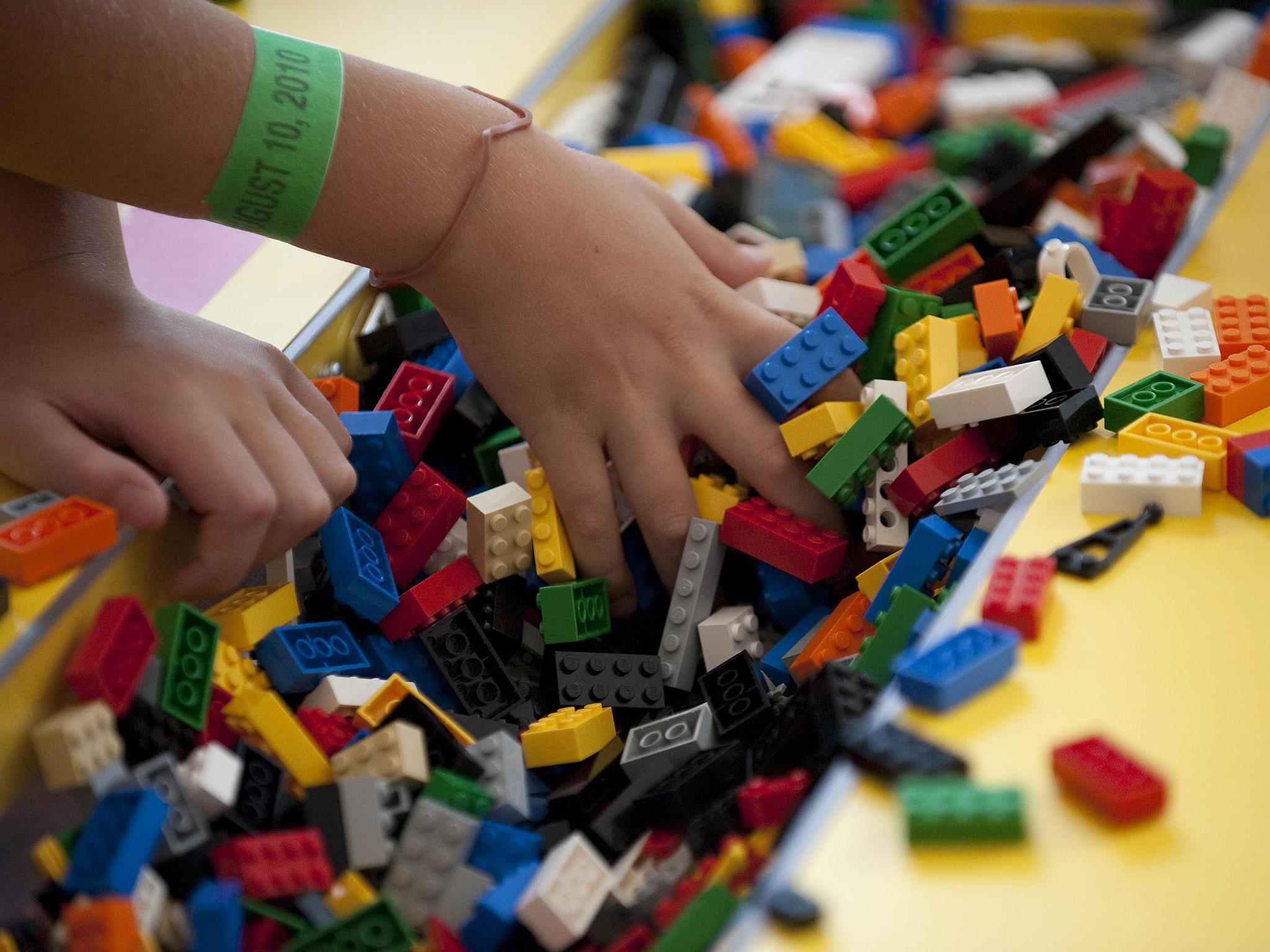Lego now so popular that it tried to stop Americans buying any more bricks
Unable to satisfy rampant demand in the US, the Danish firm has scaled back its advertising efforts while increasing its workforce and factory capacity

Your support helps us to tell the story
From reproductive rights to climate change to Big Tech, The Independent is on the ground when the story is developing. Whether it's investigating the financials of Elon Musk's pro-Trump PAC or producing our latest documentary, 'The A Word', which shines a light on the American women fighting for reproductive rights, we know how important it is to parse out the facts from the messaging.
At such a critical moment in US history, we need reporters on the ground. Your donation allows us to keep sending journalists to speak to both sides of the story.
The Independent is trusted by Americans across the entire political spectrum. And unlike many other quality news outlets, we choose not to lock Americans out of our reporting and analysis with paywalls. We believe quality journalism should be available to everyone, paid for by those who can afford it.
Your support makes all the difference.Lego is now so popular that the Danish company, struggling to keep up with demand, decided this year to discourage US consumers from buying any more of its celebrated building blocks.
The world’s most profitable toymaker reported plateauing North American sales for the first half of 2016, but Lego chief financial officer John Goodwin told Reuters that was all part of a wider strategy. “We feel we need to invest, to build some breathing space,” he said.
Founded in 1932 and still majority-controlled by the descendants of its Danish creator, Ole Kirk Christiansen, Lego has increased its sales by an annual average of 15 per cent for the past dozen years – and by a massive 25 per cent in 2015. Unable to satisfy the rampant demand in the US, the firm this year scaled back its advertising efforts while increasing its workforce and factory capacity.
Lego is booming on the back of lucrative product partnerships with the likes of Star Wars and Angry Birds. It now boasts six Legoland theme parks worldwide, not to mention a blockbuster movie franchise, which began 2014 box office hit The Lego Movie and is set to continue next year with The Lego Batman Movie.
Despite its slowdown in US sales, Reuters reported that Lego revenue has continued to grow elsewhere in the world as the company constructs its first factory in China, while expanding its manufacturing plants in Mexico, Hungary and Denmark in time for the Christmas shopping rush.
“We are working very closely with our retail partners to ensure that as we go into the important holiday season, the back half of 2016, that we’ve got all of the levers pulled to get back on the growth trajectory,” Mr Goodwin said.
Join our commenting forum
Join thought-provoking conversations, follow other Independent readers and see their replies
Comments